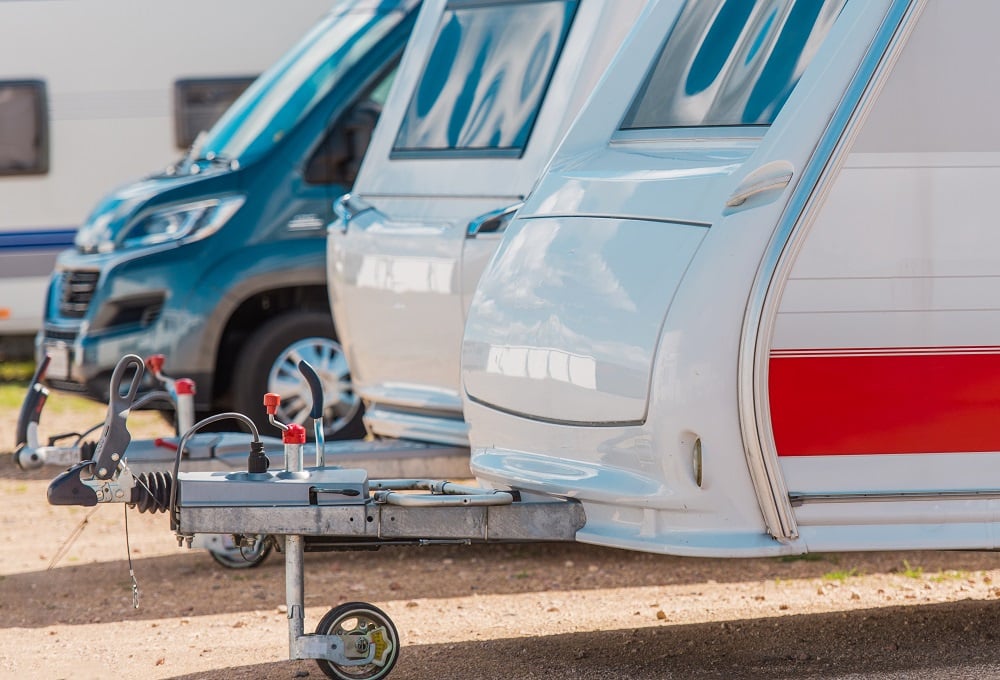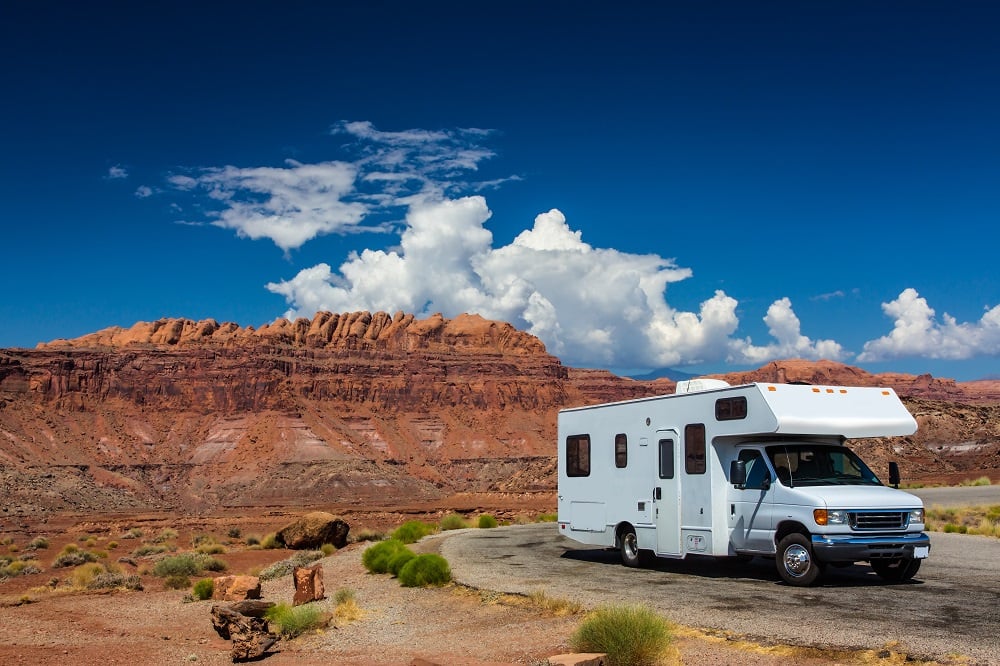Understanding the Dos and Don'ts of RV Storage
 Before too long, winter will have rolled around, and it will be time to pull your RV off the open road. Storing your RV for the winter requires much more than simply parking your RV on the side of your house or a storage facility. Here’s what you need to know about parking and packing up the RV with some dos and don’ts of RV storage.
Before too long, winter will have rolled around, and it will be time to pull your RV off the open road. Storing your RV for the winter requires much more than simply parking your RV on the side of your house or a storage facility. Here’s what you need to know about parking and packing up the RV with some dos and don’ts of RV storage.
- If you store your RV at home, park in a flat area. If you have space, don’t park under trees or in areas where weeds could grow around tires and bumpers. Tie a breathable tarp over the top. A breathable tarp will prevent moisture from condensing under the tarp and dripping onto the roof of your RV. A breathable tarp will prevent rain from settling on the top threatening potential rust issues. Standing water can lead to unhealthy mold growth as well, especially in a humid climate like around Metairie. And be sure to put blocks against your tires to prevent any movement.
- Turn off all appliances inside the RV. Unplug refrigerators, lamps, counter appliances, etc. Also, shut off the main breaker on the RV. This will make sure nothing can drain the battery, and your RV will start up when you're ready to pull out of storage.
- As you’re preparing your RV for storage, this is a good time to do a deep clean the inside of the RV. Clean out the refrigerator and defrost the freezer. Use a solution of bleach and water to wipe down surfaces, so there is no mold growth. Because Metairie is humid, moisture can build up inside your RV when it’s closed in storage. Even if you clean perfectly, mold can grow and become an unhealthy threat. One solution is to set out a container of moisture evaporator such as Dri-Z-Air or Damp Rid.
- If you are storing inside or under a covered garage, this is a good time to wash the outside of the RV as well. Wash the awning with a water and bleach solution. Clean the tires and consider investing in tire covers.
- Make sure you have no food items inside the RV. Clean out all drawers and cabinets. During winter months, this is an invitation for rodents, reptiles, and insects to come inside and cause damage as they look for a warm place to spend the winter. As a precaution, you can set out bait or traps for rodents and reptiles and insect repellents for bugs. You can also set traps and bait outside near tires or other parts of your RV. You can even set traps on the roof to prevent squirrels, rodents, reptiles, or insects that may drop from overhead trees.
-
 Check all window and door seals. You don’t want to let the outside air inside. And you don’t want easy access for rodents, reptiles, and insects.
Check all window and door seals. You don’t want to let the outside air inside. And you don’t want easy access for rodents, reptiles, and insects. - Use WD-40 to lubricate moving parts such as bearings. Also, walk around the RV and identify any areas where there is rust or corrosion. If this is the case, you may want to consider hiring a body shop to take care of these areas before exposing your RV to more moisture.
- Check for cracks or tears in the exterior of the RV and fill these with caulk or spray-foam insulation. The general rule is if you can fit your finger into a hole, it’s big enough for a mouse to squeeze through. And a small hole is all a squirrel of other vermin need to enlarge the opening with their teeth to gain access eventually. Once inside, these animals can tear up carpets, chew through upholstery, and even destroy cabinetry.
- Winterize your water system. In Metairie, LA, it can get cold and wet during winter months. Adding antifreeze will prevent water lines from freezing and cracking.
- Be sure to vent propane lines. Then seal the stove burners and pilot light. Insects will be attracted to the scent of propane. The last thing you want is for wasps or spiders building a nest inside your propane lines. Also, make sure nothing can enter through the air conditioning.
While your RV is in storage, it’s a good idea to go inside from time to time and make sure everything is alright. It is better to catch a problem early before a small problem becomes a big problem.
To learn more about the dos and don’ts of RV storage, call Affordable Self Storage at  504-833-1717.
504-833-1717.
